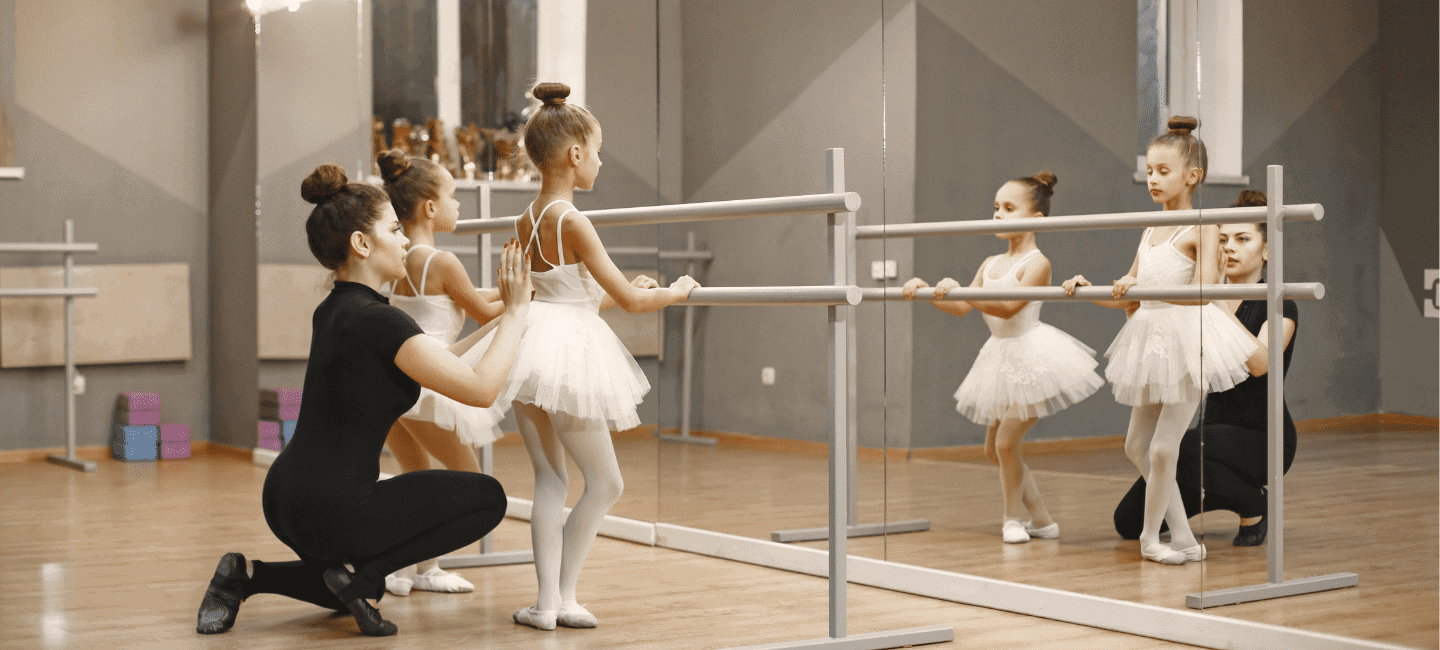How Productive Is the Productive Struggle?

Learning Environment. Metacognition The purpose of this study was to conduct a scoping review of the literature on ‘productive struggle’ in mathematics education. The review aimed to quantify the breadth and depth of existing research on this concept, address gaps in understanding its operationalization and implementation, and explore its potential to foster equity in mathematics […]
Identifying the Key Elements of a Learning Environment That Supports and Hinders Student Learning

Learning Environment The purpose of the present study was to explore qualitatively, from the perspectives of both students and faculty, the key elements of the learning environment that supported and hindered student learning. Outcomes of High-Quality Learning Environments In general, high-quality learning environments (LEs) are associated with positive outcomes for students at all levels. For […]
The impact of teacher attitude and teaching approaches on student demotivation: Disappointment as a mediator

Many studies have tried to investigate the factors that reduce the motivation to learn in English. Drawing on the disappointment theory, this study aimed to investigate why and how the discouraging attitude of a teacher and discouraging teaching approaches create negative emotions (i.e., disappointment with English as a medium of instruction), which in turn demotivates […]
Using Digital Game-Based Learning for Students with Intellectual Disabilities

The purpose of the study was to examine the current literature on the use of digital Game-Based Learning (GBL) for students with intellectual disabilities.
Analyzing Students’ Emotional Experiences in Physical Education

While there are many studies out there that examine the general intrinsic motivation for physical activity, little research has been done on emotions as a crucial factor in understanding student motivation in a PE setting.
The Use of Virtual Learning Environments to Support Identity-Based Motivation

It is important to establish that difficulties are part of learning and that disfluency can open up possibilities for identity exploration. Virtual learning environments (VLEs) can be designed in such a way that they support this exploration, by looking at features such as gamification, engagement and connection, and learning supports.
